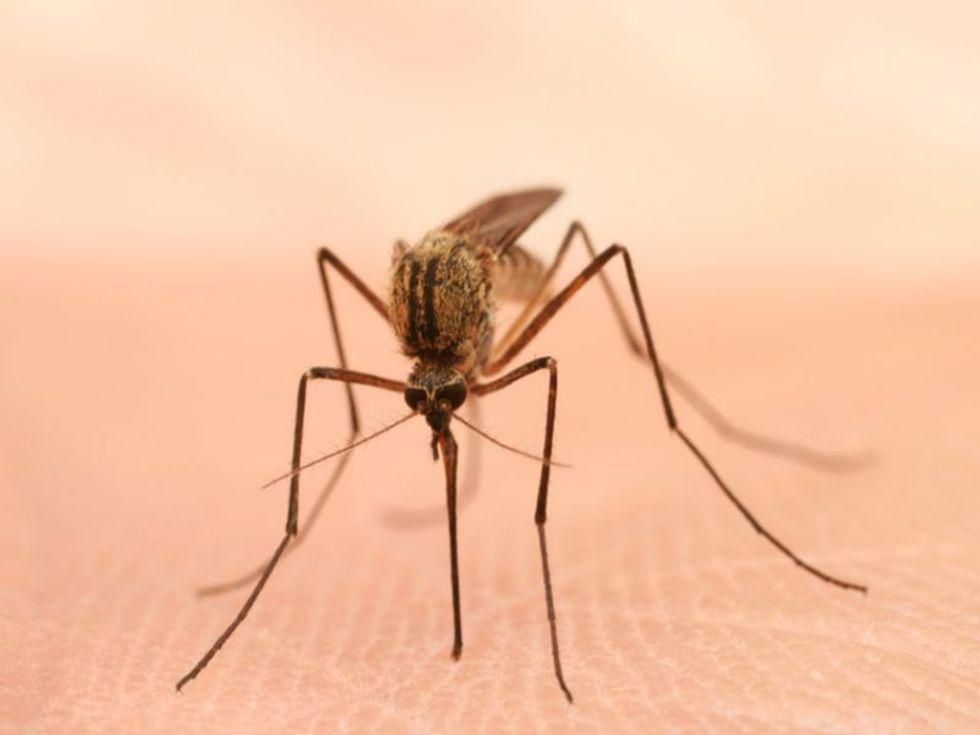
Kids who get discouraged by idealized athletic bodies on social media may end up dropping out of sports, a small study suggests. In a preliminary study of 70 kids who played — or used to play — sports, researchers found that some had quit because they thought they didn’t have the “right” body for the… read on > read on >






























